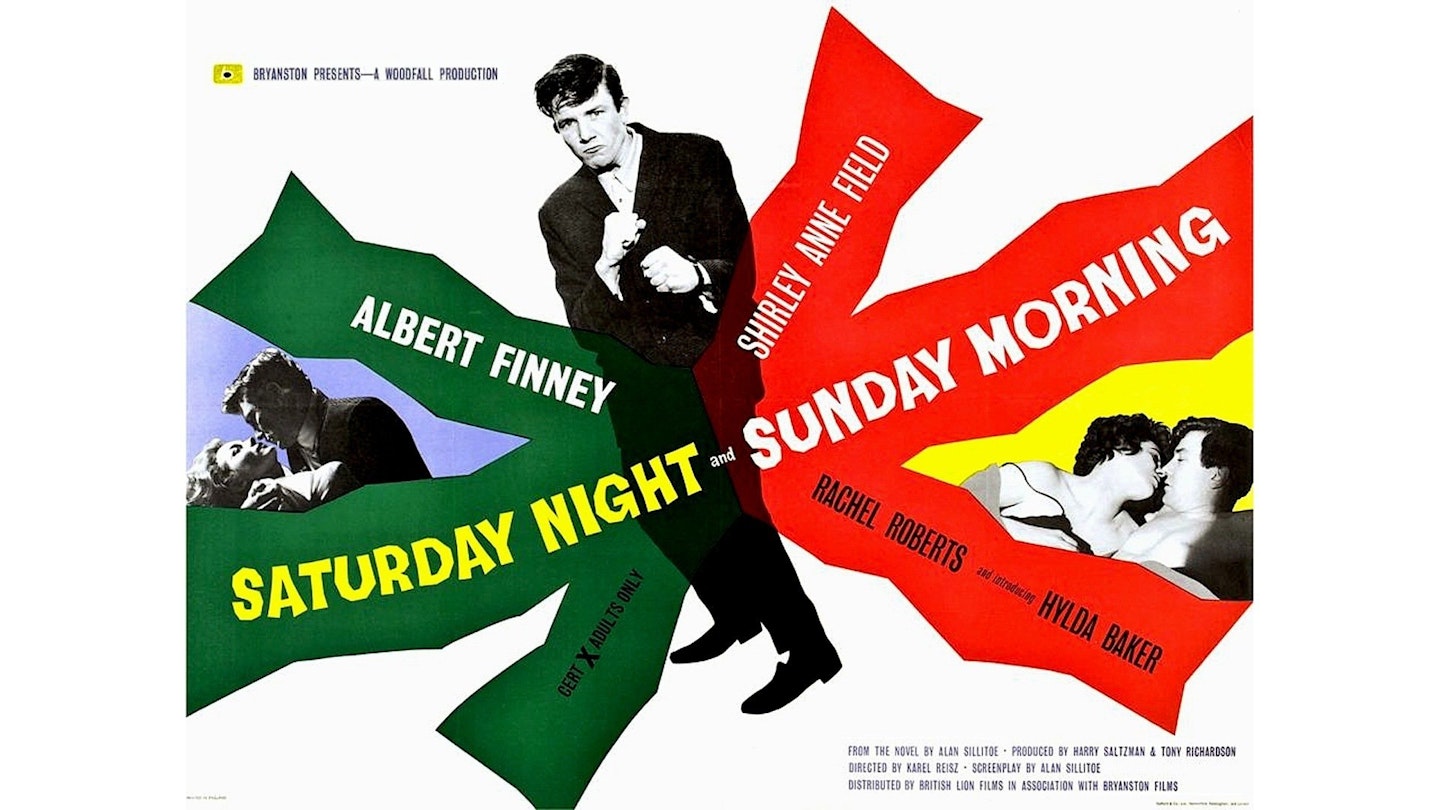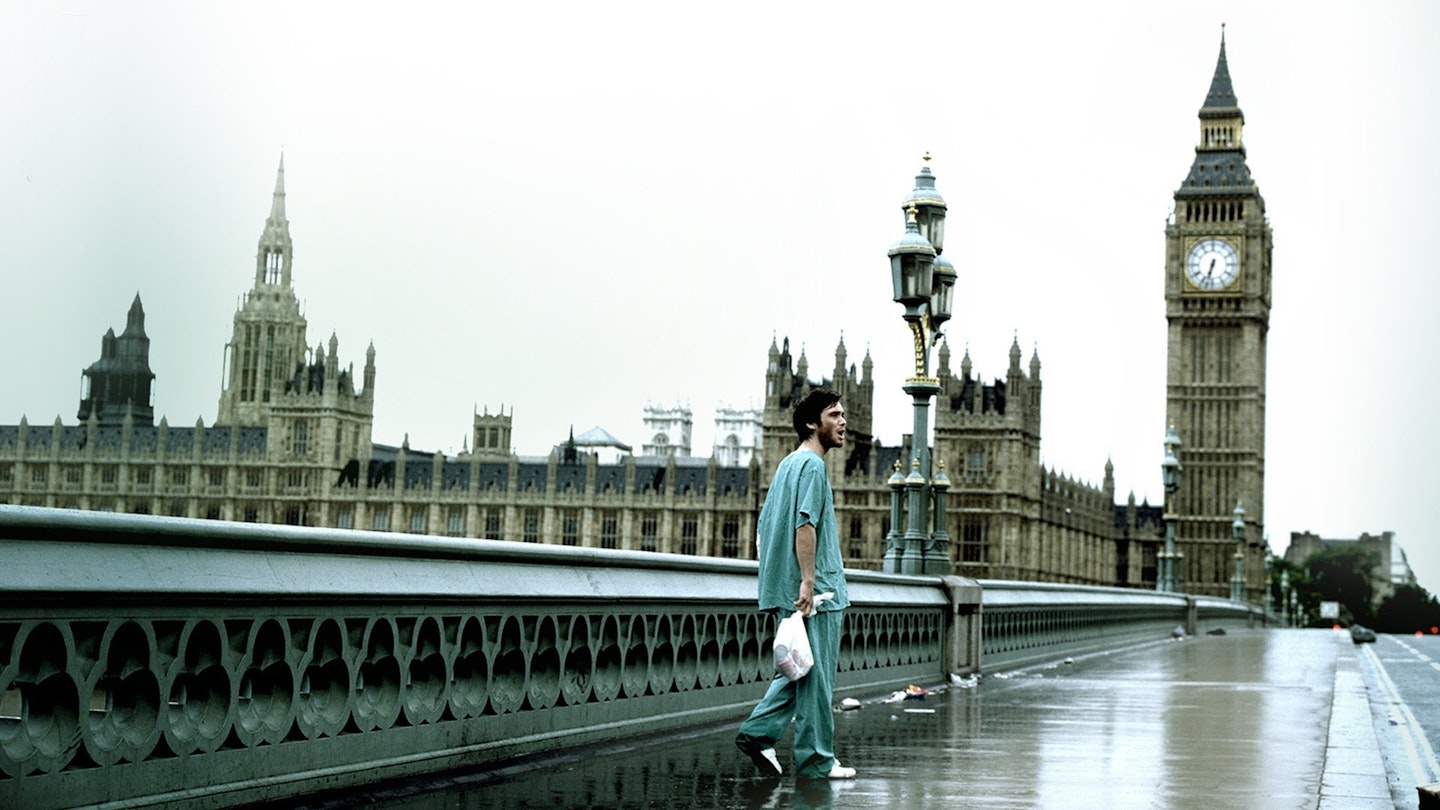Czech-born Karel Reisz had established his reputation with the Free Cinema classics Momma Don't Allow (co-directed with Tony Richardson) and We Are the Lambeth Boys and his sense of place and the ability to locate drama within the everyday made this adaptation of Alan Sillitoe's novel one of the best entries in the kitchen sink canon. It's also the least dated, as Arthur Seaton's sour assertion, `All I want is a good time. The rest is propaganda.', could also have been the mantra of Thatcherite Yuppidom and Blairite Laddism.
Such is the veracity of cinematographer Freddie Francis's industrial vistas that Nottingham almost becomes as potent a character as Seaton himself. But the factories and backstreets have none of the bluff charm that Albert Finney summoned for his surly anti-hero, whose impish disregard for authority took the curse off his cavalier attitude towards women.
But while such chauvinism would now be considered inexcusable, contemporary audiences could identify with Seaton's desperate bids to escape from the soul-destroying monotony of his job and his frustration at the social and sexual conventions that further restricted his options. Consequently, he was hailed as a true working-class icon in a way that neither Joe Lambton nor Jimmy Porter ever were, as instead of bourgeois pretentions he nursed a credibly simmering sense of resentment and resignation that dominated every waking hour until he finally recognised that life was more about responsibility than rebellion.
Some critics have accused the film of misogyny. Yet, in revealing the extent to which women had resumed their traditional subservience in postwar Britain, Reisz also suggested the emergence of a new independence by giving Brenda and Doreen a measure of control over their angry young man by respectively indulging and resisting his carnality. However, Reisz remains acutely aware of the fact that it's invariably the woman who pays the sexual consequences and the sequence in which the impotent Jack slaps the pregnant Brenda at the fairground (having been forced to ask his brother's squaddie mates to beat up Arthur) contrasts with Doreen's pragmatic acceptance of Seaton's churlish proposal of marriage.

